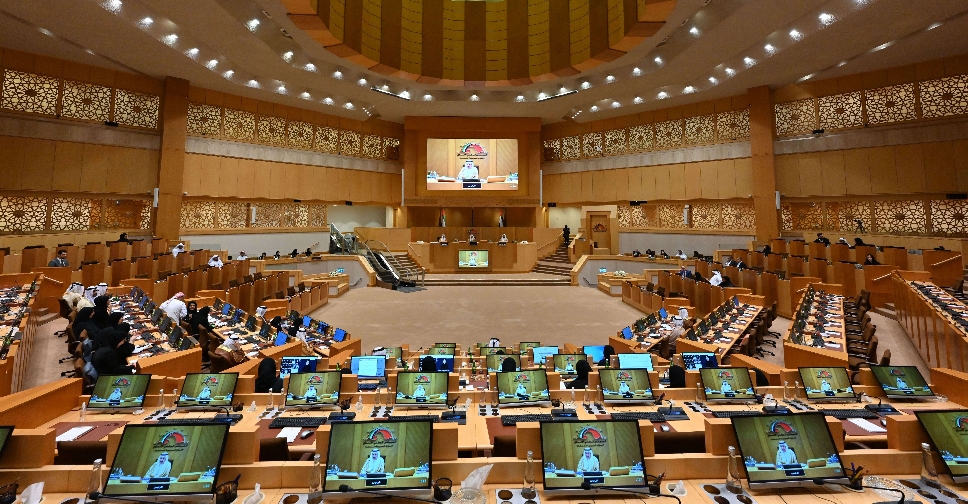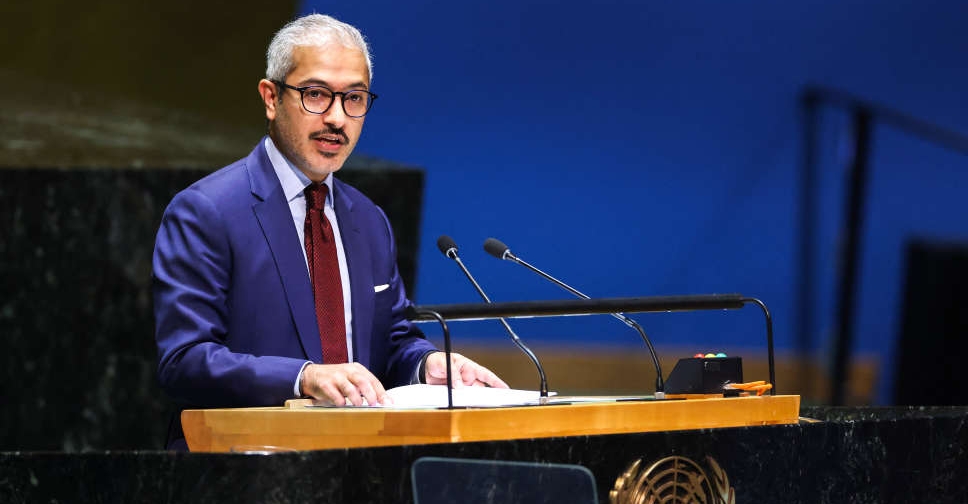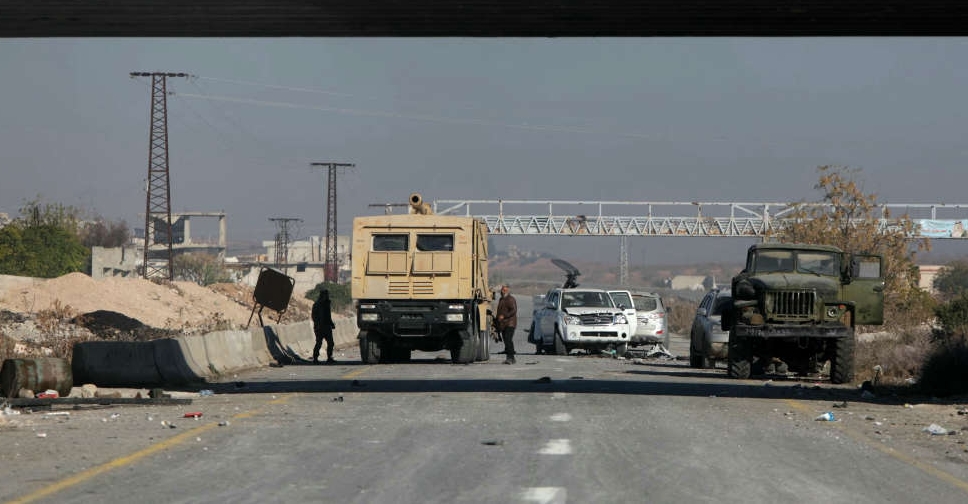
Syrian rebel forces arrived at the gates of the key city of Hama on Tuesday, as their fighting with the military sparked "a large wave of displacement", a war monitor said.
The rebels were advancing on Syria's fourth-largest city, buoyed by their lightning capture of swathes of the north in an offensive that ended four years of relative calm.
The sudden flare-up in the more than decade-old civil war in Syria drew appeals for de-escalation from across the international community.
The Syrian Observatory for Human Rights on Tuesday evening said the rebels were "now at the gates of Hama city" and that fighters had shelled some neighbourhoods.
The Britain-based Observatory, which has a network of sources in Syria, said Hama was witnessing "a large wave of displacement" due to fighting around the city.
It also reported people being displaced from villages in parts of Hama province's north and west.
"Large military reinforcements have arrived to the city of Hama to bolster the forces on the front lines and confront any attempted attack," state news agency SANA reported, citing a Syrian military source.
A statement from Syria's army command said its forces were striking "terrorist organisations" in north Hama and Idlib provinces, with Russian air support.
Russia is a key ally of President Bashar al-Assad. Its 2015 intervention in the Syrian civil war turned the tide in his government's favour but since 2022 the Ukraine war has tied down much of its military resources.
Hama was a bastion of opposition to the Assad government early in the civil war.
Its capture by the rebels would "pose a threat to the regime's popular base", Observatory director Rami Abdel Rahman said.
The United Nations says nearly 50,000 people have been displaced by the fighting since it began last Wednesday.
At least 602 people have been killed, mostly combatants but also including 104 civilians, according to the Observatory.
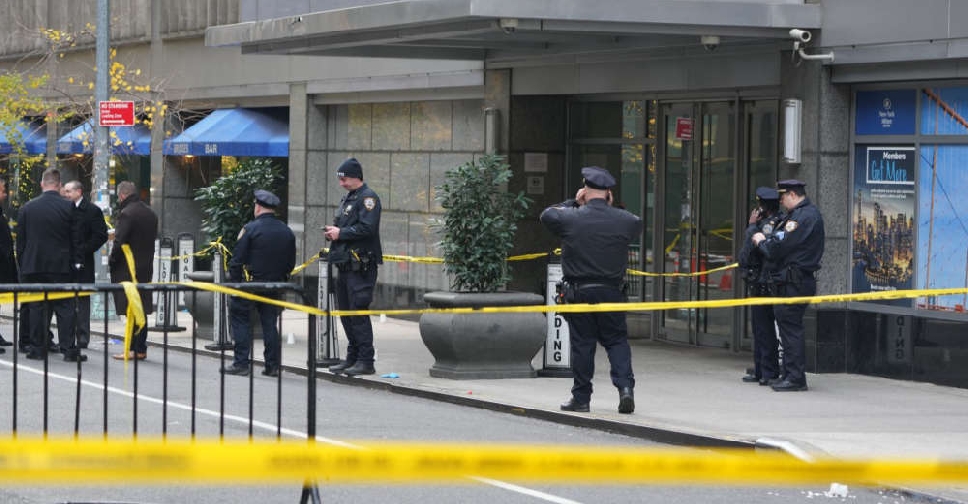 Top US executive fatally shot in Manhattan
Top US executive fatally shot in Manhattan
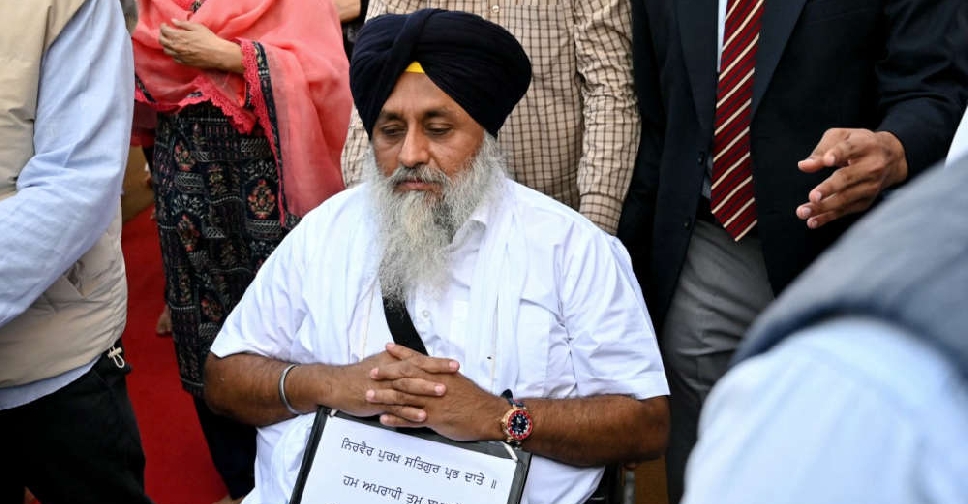 Gunman shoots at Sikh leader outside India's Golden Temple
Gunman shoots at Sikh leader outside India's Golden Temple
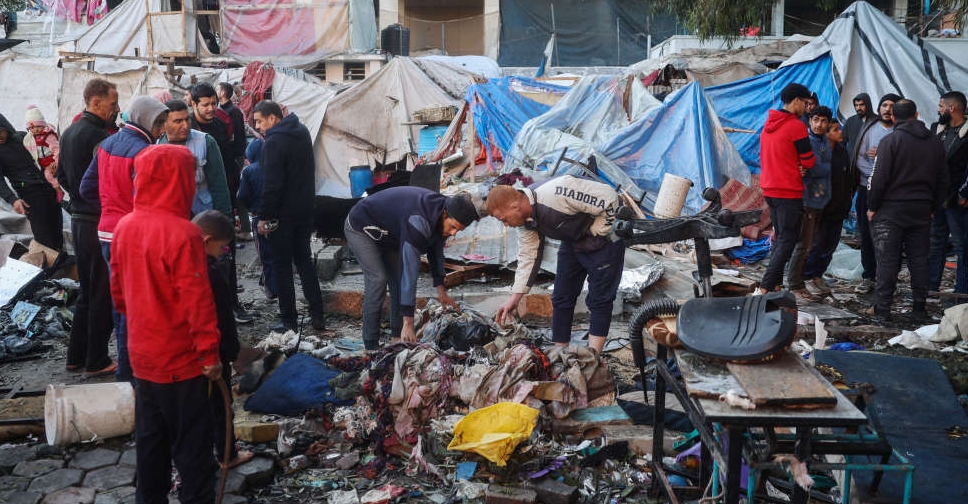 Israeli forces advance in Khan Younis, 20 killed across Gaza
Israeli forces advance in Khan Younis, 20 killed across Gaza
 South Korean lawmakers call to impeach President Yoon
South Korean lawmakers call to impeach President Yoon
 Philippines' VP Duterte faces second impeachment complaint
Philippines' VP Duterte faces second impeachment complaint
